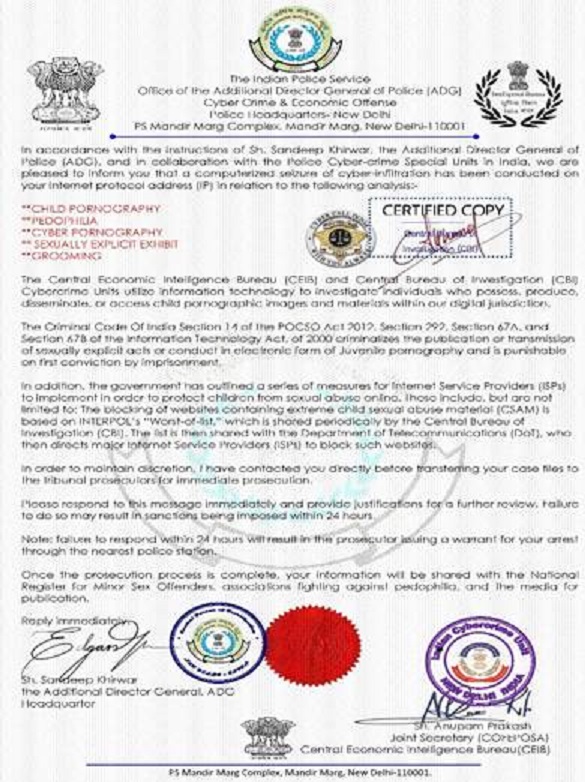Navigating the complexities of corporate dividends can be challenging. This guide sheds light on the comprehensive nuances underpinning the Companies Act, 2013, focusing on the pivotal Section 123 and the intertwined Companies (Declaration and Payment of Dividend) Rules, 2014.
Applicable Statute and Rule:: Section 123 of Companies Act, 2013 Read with Companies (Declaration and Payment of Dividend) Rules, 2014.
Adherence to Secretarial Standards: Navigate the nuances of dividend declarations using the insights from Secretarial Standard 3.
Decoding Dividends:
- What is a dividend? Discover its scope as we explain how the term “dividend” comprehensively includes interim dividends. In simpler terms, explore how dividends symbolize the financial distributions made to company members from accrued profits, or when permissible, from designated free reserves.
Types of Dividends – Interim and Final:
- Interim Dividend: Understand the prerogative of the Board of Directors in declaring dividends.
- Final Dividend: Learn about the dual-step process involving a proposal by the Board of Directors, followed by ratification during an Annual General Meeting (AGM).
Criteria and Source for Dividend Declaration:
1. For Companies with Sufficient Profits:
- The company can declare such rate and quantum of dividend as it considers appropriate out of profit after providing for depreciation.
- The company can declare dividend such rate and quantum of dividend as it considers appropriate out of free reserve after providing for depreciation.
- By both.
- out of money provided by the Central Government or a State Government
2. For Companies with Insufficient Profits in a Financial Year:
- Out of accumulated profit of the previous year, and the amount of dividend shall be determined after considering following rules:
In the event of inadequacy or absence of profits in any year, a company may declare dividend out of free reserves subject to the fulfilment of the following conditions, namely: –
(1) The rate of dividend declared shall not exceed the average of the rates at which dividend was declared by it in the three years immediately preceding that year:
Provided that this sub-rule shall not apply to a company, which has not declared any dividend in each of the three preceding financial year.
(2) The total amount to be drawn from such accumulated profits shall not exceed one-tenth of the sum of its paid-up share capital and free reserves as appearing in the latest audited financial statement.
(3) The amount so drawn shall first be utilised to set off the losses incurred in the financial year in which dividend is declared before any dividend in respect of equity shares is declared.
(4) The balance of reserves after such withdrawal shall not fall below fifteen per cent of its paid-up share capital as appearing in the latest audited financial statement.
Companies Not Eligible:
The company who fails to company with the provision of Section 73 and 74 of the Companies Act 2013.
Steps to Declare a Final Dividend by a Private Limited Company:
1. Conduct Board meeting and approve agenda “Declaration of Dividend” and consider following points:
- Recommending the rate and quantum of dividend.
- Select as schedule bank and open an dividend account in the name of company
- decide a record date and determine eligible shareholders.
2. Open a Special bank account with Schedule Bank
3. Convey a Annual general meeting as per SS-2 and take approval of shareholders by passing a Ordinary resolution.
4. Deposit the dividend amount into the bank within 5 days of declaration.
5. Company should maintain and update register of dividend and shall preserved the same for a period of eight years.
6. Disclosure of dividend declared in board report of the company.
Notes:
1. In computing profits any amount representing unrealised gains, notional gains or revaluation of assets and any change in carrying amount of an asset or of a liability on measurement of the asset or the liability at fair value shall be excluded
2. The company may transfer such percentage of profit out of profit as it consider appropriate in reserve account.
3. Dividend payable in cash will be paid by or warrant or Cheque or through any other electronic mode to the shareholder.
4. Unclaimed dividend after one month from date of declaration shall be transferred to unclaimed dividend account.
Frequently Asked Questions (FAQs):
1. Can a declared dividend be revoked?
-
- No.
2. In an inadequate profit scenario, can a company announce an interim dividend from accumulated profit?
-
- No, only a final dividend can be declared in such cases.
3. Can members declare dividends directly during an AGM?
-
- No, members can only sanction and approve dividends if the Board of Directors recommends them.
4. Can companies distribute bonus shares instead of dividends?
-
- No.
5. For shares pending transfer, can dividends be provided to the transferee?
-
- Yes, but only with the transferor’s consent.
Conclusion:
Navigating the multifaceted landscape of dividend declarations is paramount for companies operating under the Companies Act, 2013. This guide offers clarity, especially in distinguishing between interim and final dividends, the criteria for dividend declarations based on a company’s financial health, and the stringent regulations that ineligible companies face. For private limited companies, adhering to the outlined steps is crucial to maintain transparency and uphold shareholders’ trust. As these financial distributions symbolize a company’s performance and shareholders’ returns, it is indispensable for corporate entities to be well-versed with these guidelines, ensuring both compliance and strategic financial planning.
******
Disclaimer: The above-mentioned article is prepared for information purpose only on the basis of best knowledge of the author and under no circumstances, the author is liable for any direct or indirect loss due to this information.
























